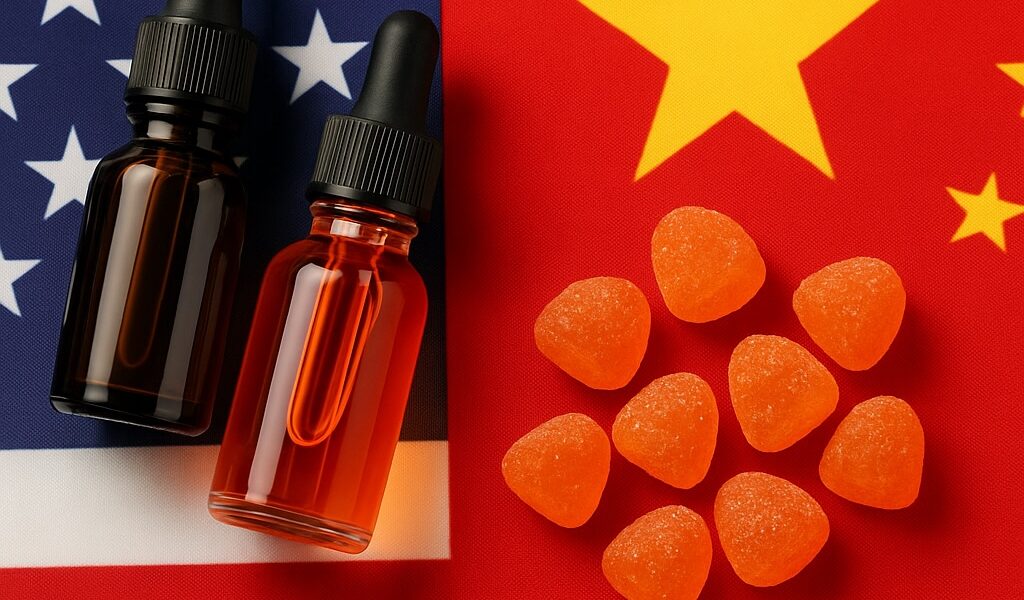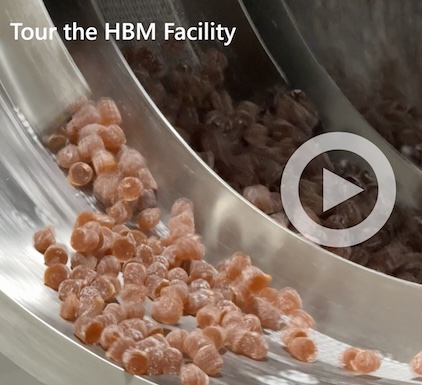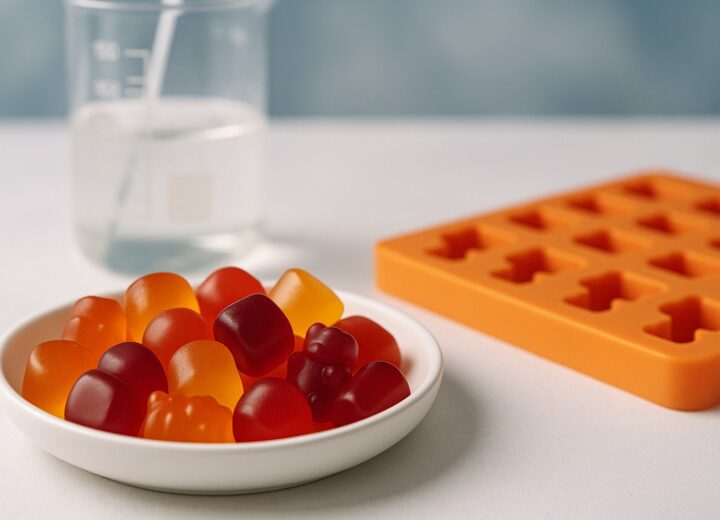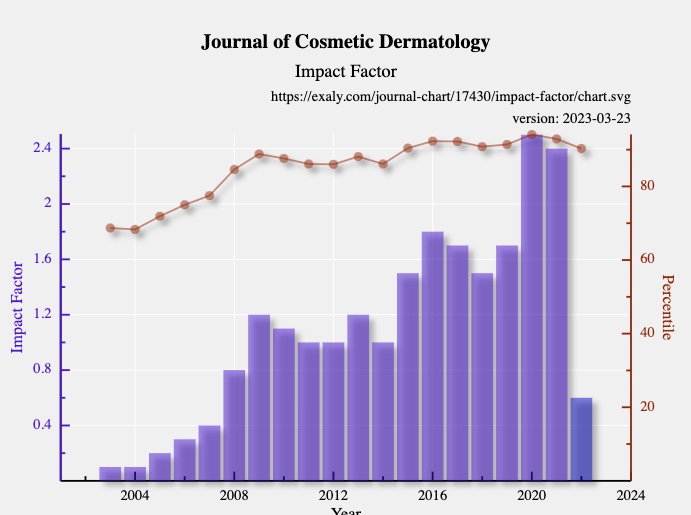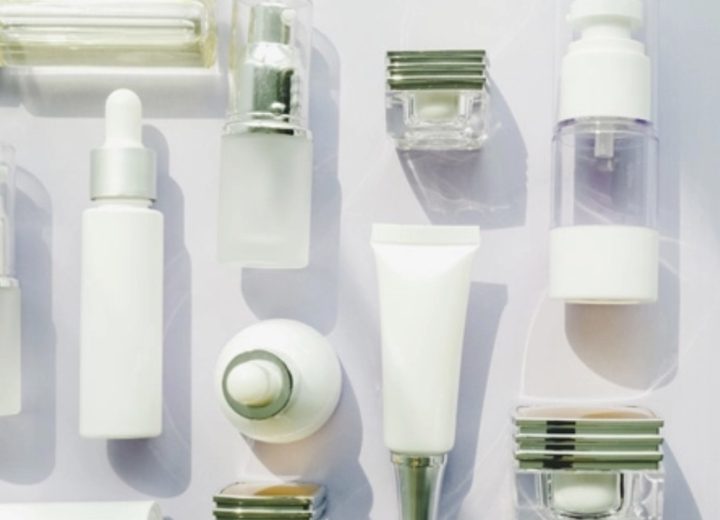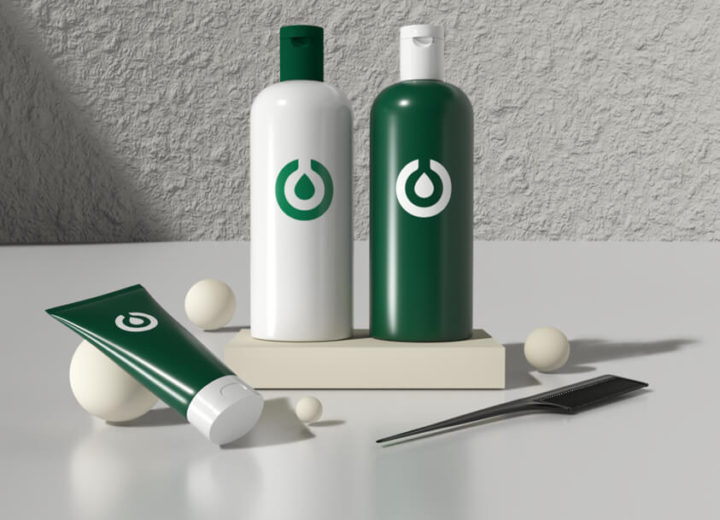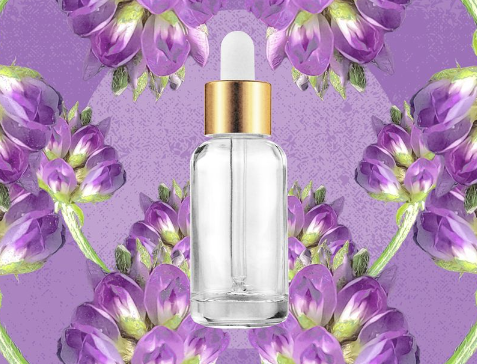Abstract
Where your product is manufactured can make or break your brand’s integrity, speed to market, and long-term profitability. While overseas manufacturing has long been the cost-driven choice for supplement and wellness brands, recent shifts in consumer expectations, regulatory pressure, supply chain volatility, and brand accountability have put U.S. manufacturing back in the spotlight. In this report, we compare U.S.-based and international manufacturing options across five key dimensions: cost, quality control, speed, regulatory compliance, and brand risk. We share case examples, industry benchmarks, and firsthand observations from operating within both domestic and global production ecosystems.
Executive Summary
- Offshore manufacturing is still cheaper upfront, but hidden costs related to tariffs, shipping, compliance and delays are rising fast.
- U.S. manufacturing offers tighter quality control, faster turnaround, and easier regulatory alignment—all critical in a GMP and FDA-compliant industry.
- For brands marketing “clean label,” “premium,” or “sustainably made” products, domestic production increasingly supports stronger positioning.
- Risk of recalls, missed timelines, and poor documentation from offshore partners continues to be a pain point, especially in private label operations.
- The future is likely hybrid: U.S.-based production for core SKUs or innovation lines, with offshore support for volume-based commodities.
1. Cost: More Than Just Price Per Bottle
Historically, overseas production in countries like China or India has offered significant cost advantages—often 20–50% cheaper on raw labor and base materials. However, today’s cost equation is more complex.
Shipping rates have increased dramatically post-pandemic, and lead times have extended due to port congestion and customs delays. Brands must also account for:
- Freight & customs duties
- Tariffs (e.g., Section 301 tariffs on Chinese goods)
- Testing fees to verify COAs
- Quality-related losses and rework
While U.S. production may appear 10–20% more expensive on paper, factoring in the above can close that gap quickly. Additionally, local manufacturing reduces MOQ risks, supports JIT (just-in-time) inventory models, and increases forecasting accuracy.
2. Quality Control: Trust, Testing & Traceability
One of the most cited reasons brands move production back to the U.S. is quality assurance.
Domestic manufacturers are far more likely to be:
- GMP-certified under NSF
- Aligned with FDA audit expectations
- Capable of full batch traceability and documentation
- Accessible for physical audits or pilot runs
By contrast, offshore factories often use contract networks, where documentation may be incomplete, and batch integrity is harder to verify.
Brands relying on specific actives (e.g., functional mushrooms, high-dosage adaptogens, or liposomal forms) often find that quality slippage offshore leads to inconsistent finished product performance—a risk that’s hard to detect until it’s too late.
3. Speed & Flexibility: Local Advantage
If you need to launch fast, reformulate quickly, or test new SKUs, U.S. manufacturing offers clear advantages.
Domestic partners typically provide:
- Faster turnaround (4–8 weeks vs. 12–20+ weeks offshore)
- Easier communication (no time zone lags)
- Tighter coordination between R&D and production
Additionally, small-batch testing or pilot production is often easier to integrate with domestic labs, allowing you to validate before scaling. This agility can mean the difference between hitting a seasonal launch window and missing it entirely.
4. Regulatory Compliance: Risk Reduction
The FDA, FTC, and state health departments are increasingly scrutinizing supplements and health products.
Brands using offshore manufacturing may struggle with:
- COAs that don’t meet U.S. standards
- Lack of allergen or micro testing
- Labeling inaccuracies
- Poor retention of batch records
Non-compliance can lead to warning letters, Amazon delisting, or full recalls.
In the U.S., reputable manufacturers often include:
- 21 CFR Part 111 compliance baked into SOPs
- Regular third-party audits
- Validated internal testing protocols
- Built-in support for label review and claims vetting
These safeguards protect not only the product but the brand’s long-term viability.
5. Brand Positioning & Consumer Perception
As consumers become more educated about sourcing, sustainability, and transparency, where you manufacture matters.
U.S. production supports:
- “Made in USA” claims
- Clean label and traceable sourcing stories
- Sustainability narratives with lower transport emissions
This can be a meaningful differentiator for:
- Premium wellness brands
- Regenerative health brands
- Influencer-led lines with scrutiny on origin and ethics
Meanwhile, offshore production is increasingly associated with commodity-grade, mass-market SKUs—not necessarily a bad thing, but harder to elevate as premium.
Case Snapshot: A Tale of Two Gummies
Brand A manufactured offshore to save 30% on cost. Delays in ingredient arrival, missing allergen tests, and mistranslations on the label caused them to miss a major retailer window and pay thousands in corrective relabeling.
Brand B used HBM for a fast-to-market gummy SKU using a trending ingredient. They moved from formulation to launch in under 10 weeks, secured retail placement, and leveraged “Made in the USA” in marketing campaigns for margin expansion.
From HBM’s Perspective
At HBM, we’ve worked with brands who’ve experienced both sides of the sourcing equation. While we believe there can be a role for overseas partners in certain product types or packaging components, we consistently see the greatest success in:
- Fast launches with high R&D control
- Complex, multi-active formulas with documentation needs
- Clean label and traceable sourcing claims
- Pilot-to-scale workflows without costly reformulations
We’re FDA-registered, GMP-certified, and experienced in working with both premium and growth-stage brands. For supplement and cosmetic entrepreneurs looking to scale with confidence, domestic manufacturing is not just a compliance hedge—it’s a brand asset.
About HBM
HBM is a contract manufacturer specializing in custom health and beauty products. Our capabilities include gummies, tinctures, and topicals, with deep expertise in pilot-to-scale formulation and production. We are FDA-registered, 21 CFR Part 111 compliant, and carry over $2M in product liability coverage. Learn more at HBMNutra.com contact our team to schedule a consultation.
